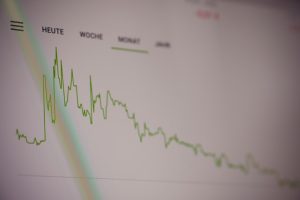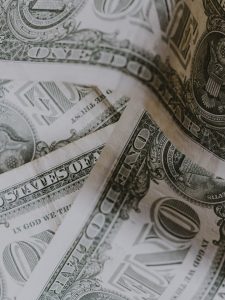Central banks play a crucial role in the foreign exchange market or forex. They are responsible for managing the monetary policy of their respective countries and ensuring the stability of the currency. One of the ways they achieve this is by trading forex. In this article, we will explore how central banks trade forex and the impact it has on the market.
What is forex trading?
Forex trading involves buying or selling one currency in exchange for another with the aim of making a profit. The forex market is the largest financial market in the world, with an average daily turnover of over $5 trillion. It is a decentralized market that operates 24 hours a day, five days a week, and is accessible to anyone with an internet connection.
How do central banks trade forex?
Central banks trade forex for various reasons, such as to manage their foreign reserves, stabilize the currency, or influence the exchange rate. They have several tools at their disposal to do this, including open market operations, intervention, and currency swaps.
Open market operations
Open market operations are the primary tool used by central banks to manage the money supply and interest rates. In forex trading, this involves buying or selling government bonds in the open market. When a central bank buys bonds, it injects money into the economy, which can lead to inflation. Selling bonds, on the other hand, reduces the money supply and can lead to deflation.
This process also affects the exchange rate. When a central bank buys bonds denominated in another currency, it increases demand for that currency, which can lead to an appreciation in its value. Similarly, selling bonds denominated in another currency can lead to a depreciation in its value.
Intervention
Central banks may also intervene directly in the forex market to influence the exchange rate. This can involve buying or selling their own currency in large quantities to affect its value. For example, if a central bank wants to weaken its currency, it may sell large amounts of it in the market, which can lead to a decrease in its value. Conversely, if it wants to strengthen its currency, it may buy large amounts of it, which can lead to an increase in its value.
Currency swaps
Central banks may also engage in currency swaps with each other to manage their foreign reserves. A currency swap involves exchanging one currency for another with an agreement to reverse the transaction at a later date. This allows central banks to access foreign currency when needed and can help stabilize the exchange rate.
Impact on the forex market
Central banks’ forex trading can have a significant impact on the market. Their actions can influence the supply and demand of currencies, which can affect the exchange rate. For example, if a central bank intervenes in the market by selling its own currency, it can lead to a decrease in its value, which can make exports cheaper and boost the economy. Conversely, if it buys its own currency, it can lead to an increase in its value, which can make imports cheaper and benefit consumers.
Central banks’ forex trading can also affect other market participants. For example, if a central bank intervenes in the market, it can create a domino effect where other traders follow suit, leading to a significant movement in the exchange rate.
Conclusion
Central banks play a crucial role in the forex market. They trade forex to manage their foreign reserves, stabilize the currency, and influence the exchange rate. They have several tools at their disposal, including open market operations, intervention, and currency swaps. Their actions can significantly impact the market and other market participants. As such, understanding how central banks trade forex is essential for anyone trading in the forex market.





